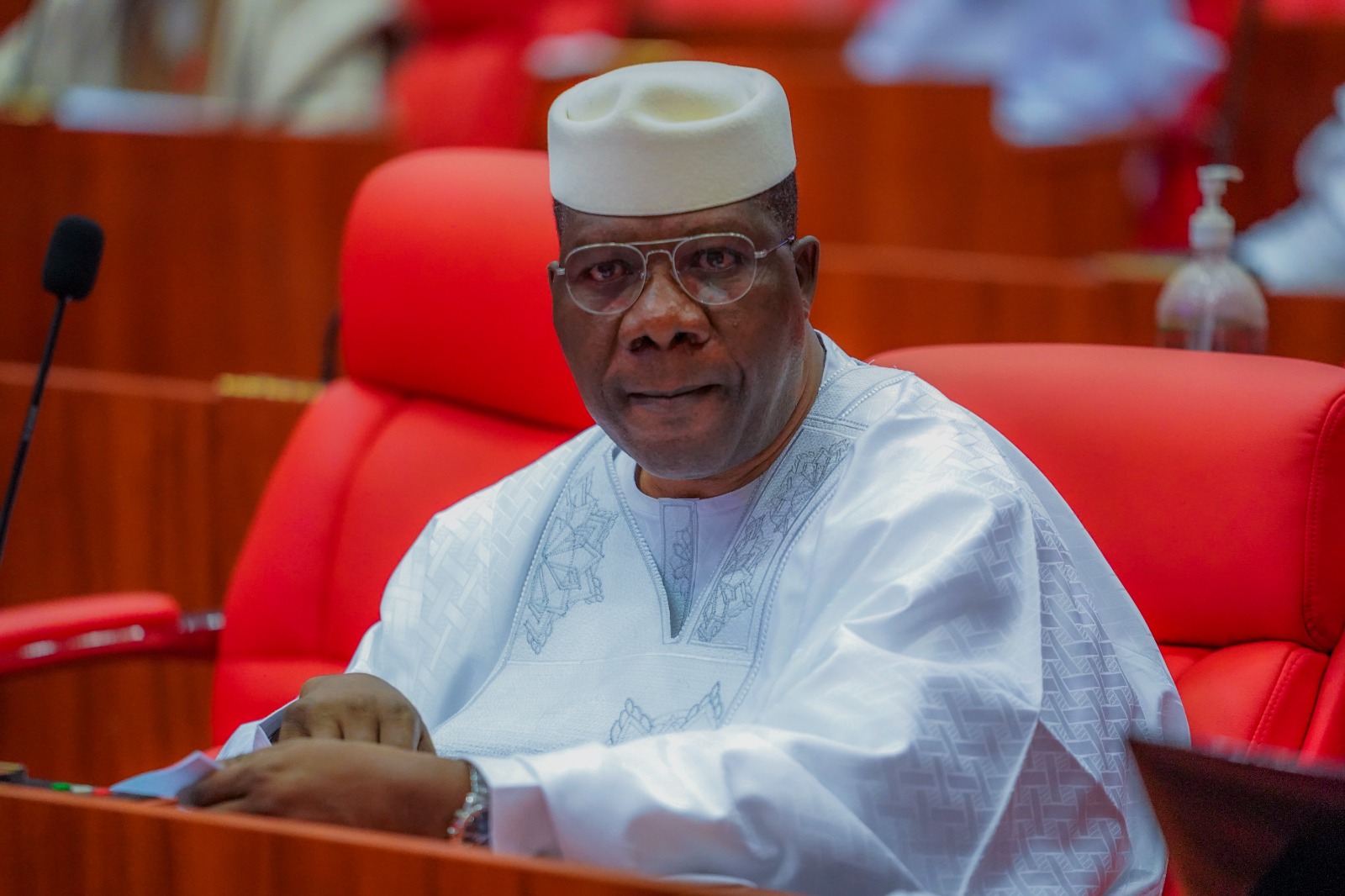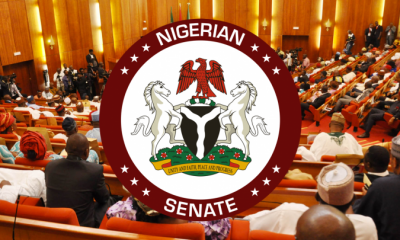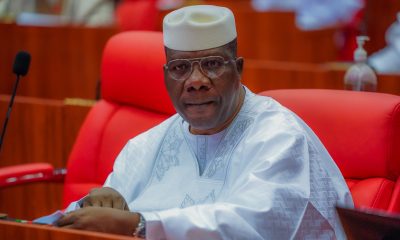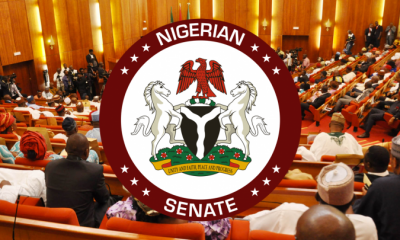The Federal Government is projecting N26.01 trillion as expenditure for the 2024 fiscal year.
Of the amount, N8.25 trillion is being projected for debt servicing.
The Federal Executive Council (FEC) chaired by President Bola Tinubu on Monday approved the Medium-Term Expenditure Framework (MTEF) for 2024 – 2026.
Minister of Budget and National Planning, Abubakar Bagudu, told journalists after the meeting that the administration would maintain the January–December budget implementation cycle.
“The aggregate expenditure is estimated at N26.01 trillion for the 2024 budget, which includes statutory transfers of N1.3 trillion non-debt recurrent expenditure of N10.26 trillion. Debt service estimated at N8.25 trillion as well as N7.78 trillion being provided for personnel pension cost,” Bagudu said.
The minister explained that increase in the debt service was because of “N22.7 trillion Ways and Means was securitised, meaning it became a federal government debt at nine per cent.”
Bagudu stated that FEC benchmarked Dollar at N700 while the price of crude was projected at $73.96 per barrel. The production of 1.7 million barrels of crude per day and 21 per cent interest rate were some of the parameters of the 2024 Budget.
He said that the budget would be presented to the National assembly before the end of the year since President Bola Tinubu was already engaging with the legislative arm towards getting their buy-in.
The budget minister said that the budget was expected to consolidate on the various economic reforms initiated by the present administration aimed at improving the standard of living of Nigerians and attracting investors.
Also, the second FEC meeting took up the issues of economy and the agreement reached between government and the labour unions early this month to avert an industrial action.
The Minister of Finance and Coordinating Minister of the Economy, Mr. Wale Edun, said that the meeting approved the application for financing from the World Bank’s International Development Association (IDA).
He said that the country was able to access $1.5 billion from the IDA, which is the virtually free or zero-interest lending arm or financing arm of the World Bank.
“Nigeria has been able to make the kind of macro-economic moves to take the tough decisions to restore balance in the economy in the government’s finances that has warranted support.
“This had engendered support from the multilateral development banks.
“It is on this basis that the world bank is willing to consider and to process on our behalf $1.5 billion of concessional financing, relatively cheap financing and financing that will be dispersed relatively quickly,” he said.
Edun said that another $80 million financing from the African Development Bank was approved by the FEC for the Ekiti Knowledge Zone (EKZ) project aimed at empowering the youth in the sector of Knowledge Economy through technology and communications generally.
He said: “This is basically to support young people and their quest to take on technology to use it to be employed to be trained and to benefit from being part of the knowledge economy.
“This is being part of the technological wave that is present very much in Nigeria, which is becoming a bigger and bigger share of the economy.”
Minister of Labour and Employment, Simon Lalong, said that FEC gave approval for the agreement between labour and the government during the October 2 meeting.
“Presidential approval was given after analysing the agreement to provide for industrial harmony. Similarly, the 30 days implementation timeline agreed on was also approved by FEC,” he said.














